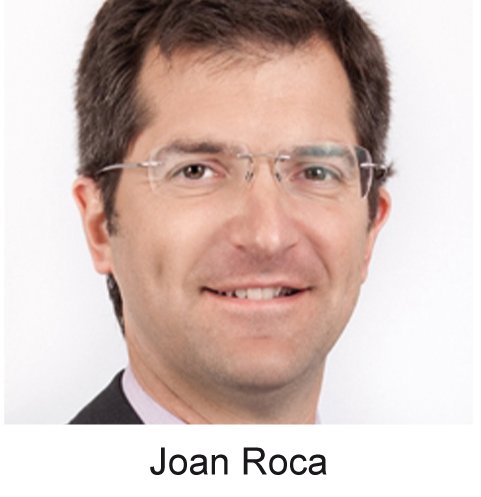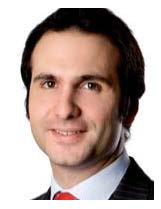New health advertising law – pbbr
On 1 November, 2015, the Portuguese legal regime on health advertising practices, approved by Decree-Law No. 238/2015, of 14 October, entered into force. It is applicable to all stakeholders, whether public or private, that benefit from, or participate in, the conception or diffusion of a health advertising practice.
The need for a review of health advertising policies was triggered by an appeal to the Ministry of Health by professional health associations in 2014 on the insufficient regulation on health services, demanding that measures be taken to impose an end to deregulation with regard to advertising health services.
In particular, the concern focused on complaints to authorities relating to the area of oral health, in which free services, screenings and check-ups were advertised to induce patients to buy unnecessary treatments.
This legal regime innovatively introduces in the Portuguese legal system the concept of health advertising practice, which can now be deemed as any commercial communication, telemarketing, telephone promotion, practice, product placement, as well as information that has the purpose or effect of promoting among users: (i) any action or services aimed at the protection and maintenance of health and the prevention and treatment of diseases, as well as (ii) any ideas, principles, initiatives or institutions aimed at protection or maintenance of health or prevention and treatment of diseases.
The approved legal framework governs the advertising practices on interventions related to the protection and maintenance of health and prevention and treatment of diseases, including offering diagnosis and any treatment or therapies, being also applicable to unconventional therapies.
For this purpose, the health advertising practices legal regime not only identifies a number of prohibited practices, but also sets forth the general principles that these practices shall comply with, such as the principles of transparency, reliability and legality, objectivity and scientific rigour.
Additionally, the main principles applicable to the generality of advertising practices, foreseen in the Portuguese Advertising Code and the legislation on unfair commercial practices, are also applicable to health advertising practices, on a subsidiary basis.
In practical terms, within the prohibitions of advertising practices, these changes translate, for instance, in establishing the principle of unfair, misleading or aggressive advertising in the sector. Thus, references in commercial communication consultation or health services such as “free”, “without charges”, “discount” or “promotion” are no longer possible to hide the costs later imposed.
Acts which may limit the freedom of choice or consumer behavior in relation to a particular health service or that may lead to a transaction decision triggered by the advertising practice are also barred. Health services as a prize and the like, resulting from contests, sweepstakes and other related modalities, where the health service is the prize itself are also prohibited.
The advertising of medicines and medical devices, which are already subject to specific regulations, are expressly excluded from the scope of this new legal regime.
Finally, this Decree-Law also stipulates sanctions in case of infringement of its provisions, namely the imposition of fines ranging from €250 up to €44,891, with the possibility of application of other ancillary sanctions.
Ricardo Henriques is a partner at Pbbr. He can be contacted at ricardo.henriques@pbbr.pt












